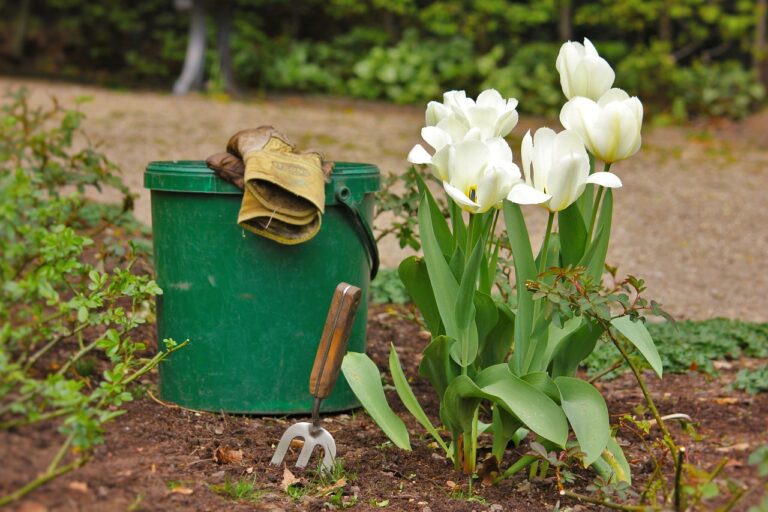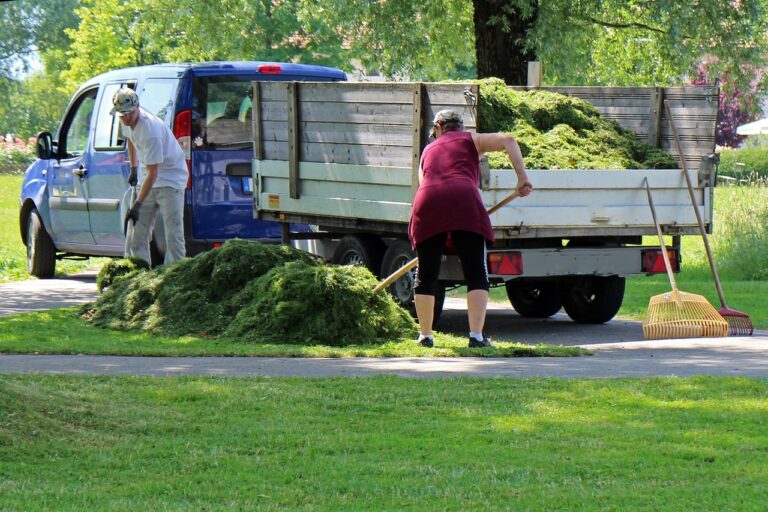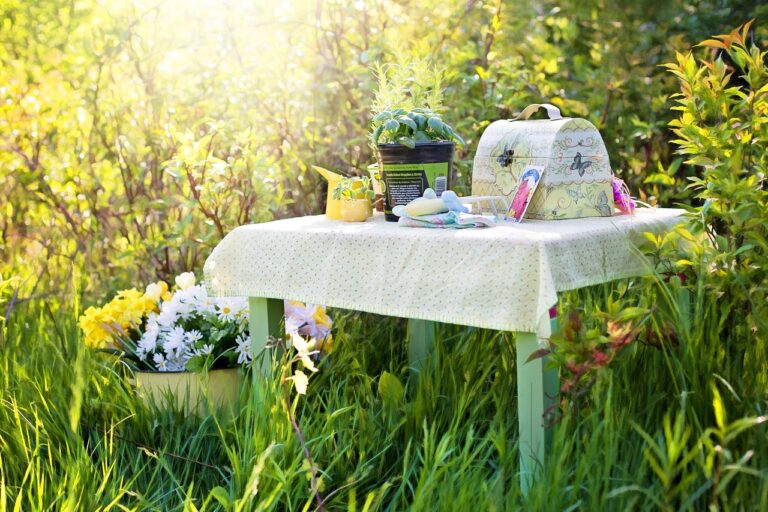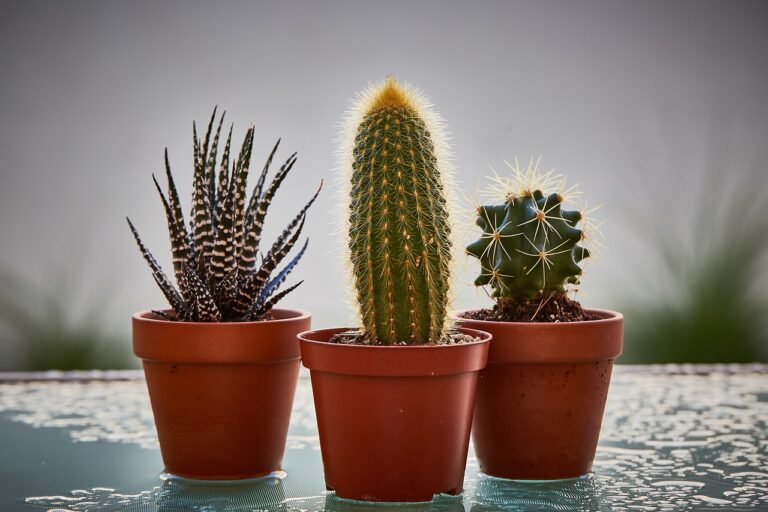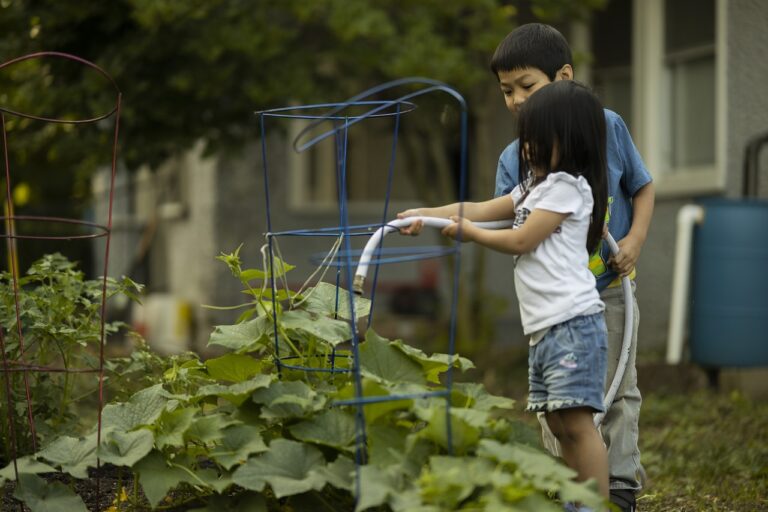Gardening Tips for the Green-Thumbed and Newbies Alike
Gardening is a fulfilling hobby that offers numerous benefits, from nurturing nature to beautifying your surroundings and promoting well-being. Whether you’re a seasoned pro or just starting out, these comprehensive gardening tips will elevate your gardening experience and help you cultivate a thriving outdoor space.
Soil Preparation: The Foundation for Success
Understanding Soil Types
- Sandy soil: Well-drained but poor in nutrients.
- Clay soil: Compact and heavy, retaining water easily.
- Loam soil: Balanced mix of sand, clay, and organic matter, providing optimal drainage and fertility.
Amending Soil
- Add organic matter like compost or manure to improve soil structure and fertility.
- Incorporate sand or gravel into heavy clay soils for better drainage.
- Use a soil test kit to determine pH levels and nutrient content, guiding amendments.
Plant Selection: Choosing the Right Plants for Your Garden
Consider Climate and Sunlight
- Research plant hardiness zones to ensure plants are suited to your local climate.
- Determine the sunlight exposure in your garden and match plants to their specific requirements.
Companion Planting
- Group plants that benefit each other, such as nitrogen-fixing legumes with heavy feeders.
- Avoid planting competing species that may inhibit growth or attract pests.
Plant Spacing
- Refer to plant labels or research recommended spacing to prevent overcrowding and allow for proper circulation.
- Consider the mature size of plants to avoid competing for resources or creating a cluttered appearance.
Watering: Striking the Right Balance
Frequency and Timing
- Water deeply and less frequently, allowing water to penetrate the root zone.
- Water early in the morning or late afternoon to minimize evaporation.
- Avoid overwatering, which can lead to root rot and nutrient leaching.
Monitoring Soil Moisture
- Insert a finger into the soil; if the top 2-3 inches are dry, it’s time to water.
- Use a soil moisture meter for accurate measurements.
- Mulch around plants to retain moisture and regulate soil temperature.
Pest and Disease Management: Protecting Your Plants
Prevention is Key
- Keep the garden clean of debris, which can harbor pests and diseases.
- Plant disease-resistant varieties and choose healthy seedlings.
- Rotate crops annually to prevent soil-borne diseases.
Organic Pest Control
- Encourage beneficial insects like ladybugs and parasitic wasps that prey on pests.
- Use insecticidal soap or neem oil for minor infestations.
- Avoid using harsh chemical pesticides that can harm beneficial insects and the environment.
Disease Management
- Identify diseases early and remove infected plant material.
- Use fungicides only after diagnosis and carefully following instructions.
- Promote air circulation by thinning overcrowded plants and avoiding overwatering.
Conclusion
Gardening is a rewarding and multifaceted endeavor that requires attention to detail and patience. By following these comprehensive gardening tips, you can create a thriving outdoor space filled with blooming beauty and bountiful harvests. Remember to observe your plants regularly, address issues promptly, and enjoy the therapeutic benefits of connecting with nature in your own backyard.
















